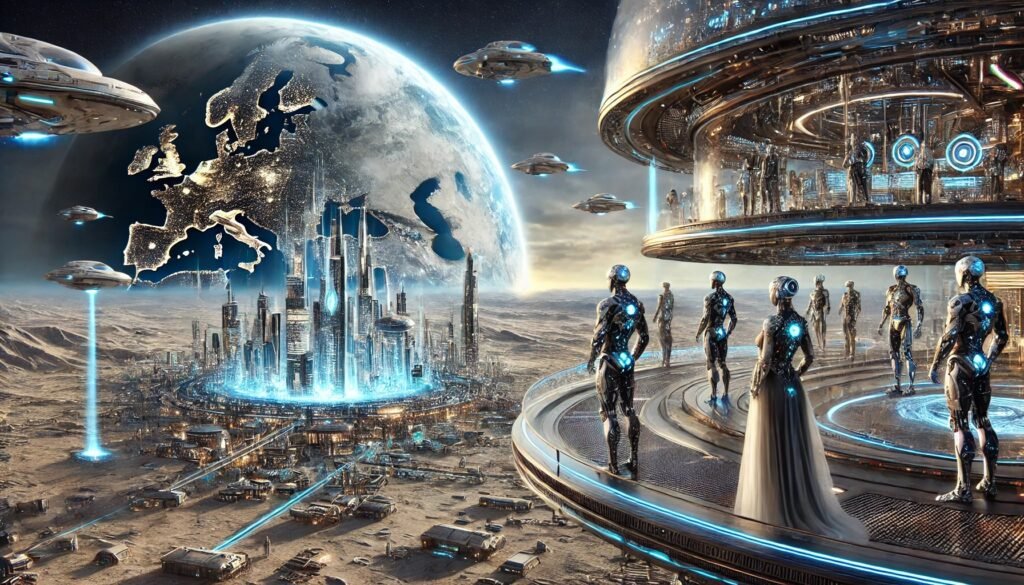Basil Odilim
“With what I’m seeing, including my just filed patent with the USPTO, makes me to surely believe that few years from now, about twenty years–precisely, the world would’ve changed so drastically that you and I today cannot ever imagine being witnesses to these incredible changes in our lifetimes. Take my xxxx, make all human xxxx obsolete.”
Speculating on the future beyond the next half-century is like trying to predict the thoughts of a being we cannot yet comprehend. The pace of human ingenuity is accelerating so rapidly that, within 50 years, the distinctions between human and machine may blur beyond recognition. Artificial intelligence, robotics, genetic engineering, and even the prospect of space colonization are set to redefine existence itself.
In such a future, traditional concepts of society, morality, and human coexistence may no longer apply. The very fabric of human interaction—governed today by emotions, ethics, and cultural norms—could be replaced by something entirely new, dictated by the imperatives of survival and function rather than justice or fairness. When machines match or surpass human intelligence, will emotions still matter? Will governance be dictated by laws that serve all, or by those who control the technology that underpins civilization?
The social and moral distances among future generations could be so vast that the ideals of equality and shared destiny may become relics of history. Those who control the most advanced technologies—whether individuals, corporations, or hybrid human-machine entities—will likely set the rules. The rest of humanity, if it still exists in its current biological form, may struggle to find relevance in a world where economic survival no longer depends on human labor.

It is tempting to wonder whether the distant future will mirror the class divisions of today, only in a far more extreme and irreversible form. Will the ultra-wealthy and technologically enhanced few retreat to space, leaving Earth as a wasteland for those left behind? Or will universal laws emerge, not out of a moral imperative, but as a necessity to prevent civilization from unraveling entirely?
One thing remains certain: the future will belong to those who will be there to live it. The challenges of that era will be theirs to navigate, and they alone will determine the solutions. Just as today’s world would be incomprehensible tot someone from the 18th century, the world of 2075 or 2100 may be so foreign to us that our concerns about justice, governance, and economic inclusion will seem quaint.
The best we can do is to document our struggles, insights, and wisdom—leaving behind the lessons of our time for those who will shape the next era. Beyond that, the future will write its own story